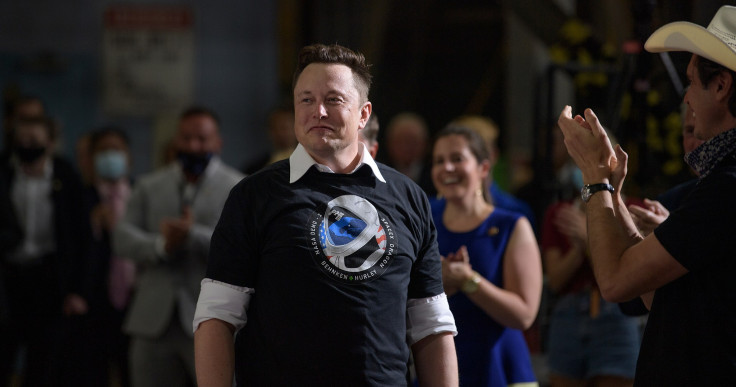Twitter Comeback: Elon Musk To Revive Original Platform As Tesla's Crown Slips
Tesla's stock is down more than 10 per cent in the past year

As Tesla's stock slumped in 2024, Elon Musk has turned his focus to other ventures, most notably by taking a more active role in turning X back into Twitter.
It is also no secret that Tesla's shine has dimmed in 2024. The Musk-owned automotive company faces declining demand for electric vehicles and intensifying challenges in the Chinese market. Even typically optimistic analysts like Wedbush's Dan Ives were harsh, calling Tesla's most recent quarter a "trainwreck."
Mirroring Tesla's stock decline, Musk's net worth has plummeted over 10 percent in the past year. This drop has dethroned him from the top spot on the world's richest list, pushing him down to fourth place. Moreover, several Cybertruck owners have reported issues with their recently purchased trucks on the Tesla Owners' Club forum.
X prioritizes stability after user exodus and revenue drop
In the wake of these setbacks, the once-unassailable tech wunderkind seems to be focusing on shoring up his other ventures to mitigate further financial losses. On the social media front, Musk's vision for X appears to be a return to Twitter's pre-acquisition identity, a simpler platform reminiscent of the "plain old Twitter" days.
X is turning back to Twitter... pic.twitter.com/IaIfqKyQU2
— mouad (@Antidote42) December 25, 2023
"I think the strategy, as it's unfolding right now, is going back to the basics," Gabor Cselle, a former project manager on Twitter's trends team, told Business Insider. "I think the whole thing about making X something dramatically different and reinventing the wheel hasn't really happened, so we're seeing a return to the basics."
Musk's social media platform has seen the return of a status-based system for awarding blue checkmarks to accounts with many verified followers. According to CNN's Oliver Darcy, the move reflects the X owner's desperation to lure high-profile users back to the platform.
Following significant staff reductions, including deep cuts to the team responsible for user safety, since Musk acquired the company in 2022, there are signs of a renewed commitment to platform safety. As part of these efforts, the company is establishing a new content moderation centre in Texas and appointing two new senior executives to lead moderation initiatives.
Can X lure advertisers back after hate speech surge?
David Camp, co-founder of the brand consultancy Metaforce, suggested to Business Insider that these actions are strategies to regain advertisers' interest in the platform. This comes after a concerning decrease in advertisers due to a surge in hateful content on the site.
According to Camp, Musk disregarded conventional business practices when he acquired the formerly prominent social media platform. Camp suggests Musk wasn't interested in the limitations imposed by an advertising-based model, which typically requires companies to prioritise stability and predictability to attract advertisers.
With declining revenue and user engagement, Camp believes it's understandable that the platform is attempting to reverse course. However, it is still being determined whether these efforts will prove effective. While core users appear to be sticking with the platform, Variety reported last fall that X's global user base has shrunk by 15% since the acquisition by Musk.
Even the 52-year-old tech mogul has admitted to a significant decline in advertising revenue, with a drop of roughly 50 percent since he took control of the platform. "Regardless of little tactical changes they make to the platform, with the blue checks or claims of more moderation, from a marketer's perspective and a brand-building perspective, it's just lip service," Camp said.
"Every time he opens his mouth and says something controversial — which he relishes — it further reinforces the perception of Twitter as an unreliable ad partner, which is why they continue to lose revenue and will continue to have a hard time attracting advertisers."
© Copyright IBTimes 2024. All rights reserved.






